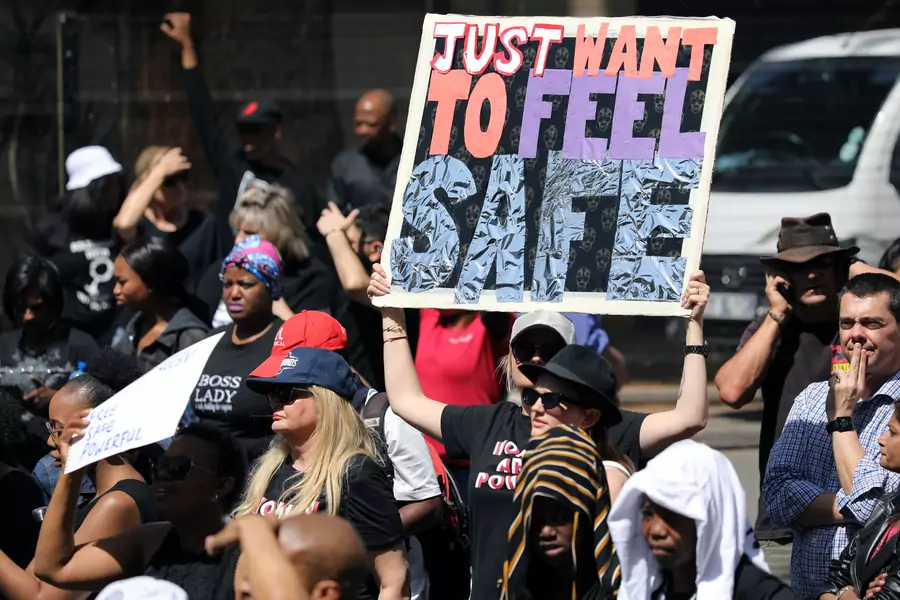Why South Africa's Ramaphosa Is Skipping UNGA

Ever since the days of the anti-apartheid struggle, the UN has been an important venue for South African diplomacy. In June 2018, President Cyril Ramaphosa secured African Union-backing for South Africa for a two-year term as a non-permanent member of the UN Security Council. It is their third time holding a non-permanent “Africa” seat. At last year’s UN General Assembly (UNGA), Ramaphosa revealed a statue of Nelson Mandela prior to a peace summit in his name. But Ramaphosa announced that he will not be going to New York this year for UNGA. South Africa’s delegation will be led by the very-capable foreign minister, Naledi Pandor. This is a surprise. In a must-read piece, John Stremlau explains why Ramaphosa is not going, and why his decision is wise politically.
Instead of attending UNGA, Ramaphosa says that he will focus on the crises currently facing the country. He will work on implementing measures against gender-based violence and public violence, the latter of which almost certainly refers to the xenophobic attacks on foreigners. He also said he would be taking initiatives to turn around the economy. Among Americans who follow South Africa, the xenophobia and economic woes are familiar; perhaps less so is the extraordinary amount of gender-based violence that crosses racial and class lines. Illustrating its magnitude, South Africa police report that a woman is murdered every three hours, while the World Health Organization finds that South Africa ranks fourth out of 183 countries in “femicide,” the murder of women and girls because of their gender. Stremlau calls attention to a New Yorker article by Cape-Town-based Rosa Lyster that is a detailed survey of South African gender-based violence. Lyster shows that the grisly rape and murder of a nineteen-year-old girl at a post office in Cape Town has politically ignited the issue of gender-based violence, with certain similarities to the #MeToo movement in the United States.
More on:
On September 18, Ramaphosa addressed a joint sitting of the National Assembly (lower house) and the Council of Provinces (upper house) to respond to gender-based violence. With respect to repairing relations with African countries in the aftermath of the xenophobic riots, he has sent special envoys to seven African states. As for turning the economy around, Stremlau points out that addressing violence—both xenophobic and gender-based—could give Ramaphosa more time to address poverty, unemployment, and inequality.
Particularly useful is Stremlau’s positioning of Ramaphosa’s response to gender-based violence in the context of the governing African National Congress (ANC). The ANC has advocated gender equality ever since the anti-apartheid struggle. It is party policy to achieve gender parity in all party structures. Stremlau points out that Ramaphosa has been widely praised for achieving gender balance in his cabinet. Stremlau also points out that this is smart politics: some two-thirds of women vote for the ANC. According to Stremlau, Ramaphosa is right not to go to New York, and sometimes doing the right thing is also politically wise.
More on:
 Online Store
Online Store